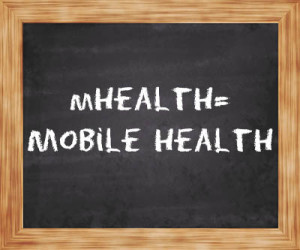
A recent mHealth Summit in the Washington, DC area offered the largest event of its kind exploring the limits of mobile and connected health. The ‘Clinical Mobility Forum’ hosted by Healthcare IT News examined the ways mobile technologies are influencing provider workflow and efficiency, and changing the way hospitals and health systems operate.
The Office of the National Coordinator (ONC) recently released its updated federal health IT strategic plan with the framework centering around the sharing, collecting and using technology. The ONC Health IT’s Office of Policy Planning agency Director, Jodi Daniel, stated that in looking toward the third stage in Meaningful Use, the inclusion of patient-generated data is something ONC is thinking about.
Linda Ricci, biomedical engineer at the U.S. Food and Drug Administration, stated, “We’re not looking to regulate everything in this space.” She further stated, “We are committed to only applying our regulatory authorities for the limited set of mHealth products that pose the highest risk to patients. We also want to continue to evolve in the regulatory area so that we can make our processes more transparent and easier to follow.”
A very important topic was interoperability of systems and devices that advance health IT–and the market forces working against that. Jodi Daniel further stated, “While there are some challenges with the technology, the real problems are policy issues, business issues and cultural change that needs to occur for interoperability to really happen.”
Medisoft Versions 19 and 20, and Lytec Versions 2014 and 2015 offer a free mobile app to physicians for the iPhone and iPad. It allows physician offices to use an electronic superbill (this is a great idea for physicians that don’t have EHR/EMR that send billing codes to the billing system). Mobile software also allows for electronically capturing charges and diagnosis entries, entering charges and diagnoses from anywhere, submitting claims to billers at the tap of a button, viewing schedules on mobile devices, and tracking practice performance. On the patient side, Medisoft Version 20 and Lytec 2015 will have a mobile app that allows patients to enter demographic and insurance information. The technology is empowering both physicians and patients.

